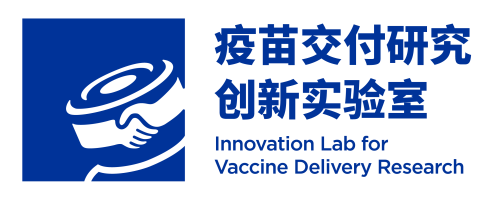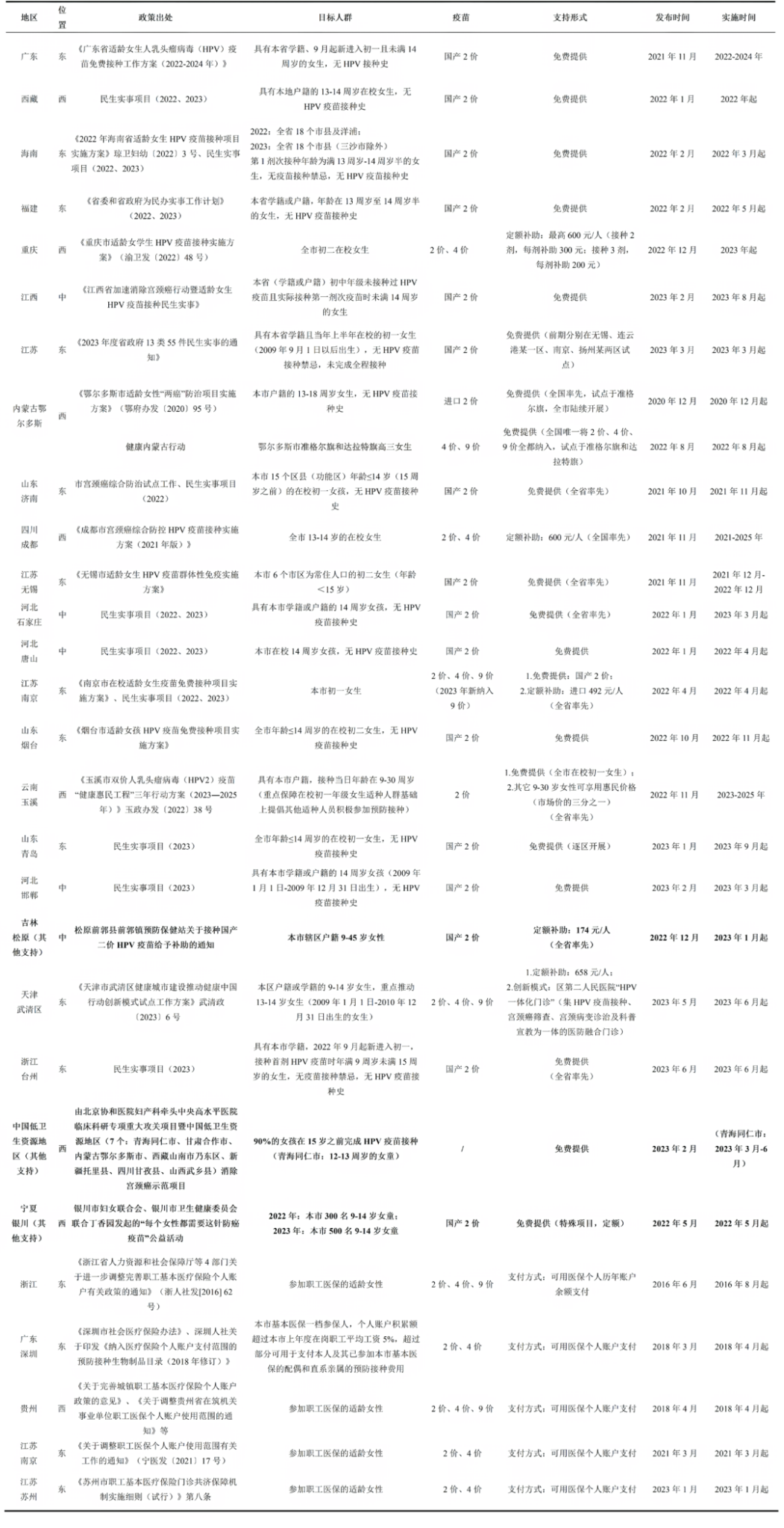Summary
Pakistan, a lower-middle-income country with a population of 240.5 million—62% of whom live in rural areas—is currently in the preparatory transition phase of Gavi support. The EPI, launched in 1978 and renamed the Federal Directorate of Immunization in 2022, includes eight vaccines to prevent 12 diseases. Coverage has improved since 2022 but remains uneven across provinces, urban/rural areas, and between genders, with females less likely to be fully vaccinated.
According to the National Immunization Policy 2022 of Pakistan, the overall governance and coordination is with the National Interagency Coordination Committee (NICC), Ministry of National Health Service, Regulations and Coordination (M/o NHSR&C) along with the provincial/ area health departments. The National Immunization Technical Advisory Group (NITAG) will guide policymakers in the M/o NHSR&C and EPI to make evidence-based immunization-related policy decisions. The primary implementers are vaccinators supported by lady health workers, lady health visitors, and basic health unit support staff.
The government finances the immunization services with assistance from development partners. Pakistan is the biggest recipient of Gavi at present, categorized as a Tier-1 priority country. Vaccines are provided free at public health facilities and through outreach and mobile services. However, shortages of human resources, cold chain maintenance issues, and supply chain inefficiencies persist.
Surveillance is conducted via the Integrated Disease Surveillance and Response (IDSR) system. Immunization data is collected on paper at the facility level and digitized from the district level upward, though data quality and record retention remain challenges. The country has a passive AEFI surveillance system with limited regulatory and reporting capacity.
About NIP Country Case
The NIP country case was part of the WHO APO report Comparative analysis of the national immunization programmes in select ASEAN and SAARC countries: progress and challenges. The study was conducted by the VaxLab team in 2023-2024.
More in the report Chapter 2 (PDF Page 39/154): https://iris.who.int/bitstream/handle/10665/380387/9789290620785-eng.pdf?sequence=1&isAllowed=y
Content Editor: Tianyi Deng
Page Editor: Ruitong Li





